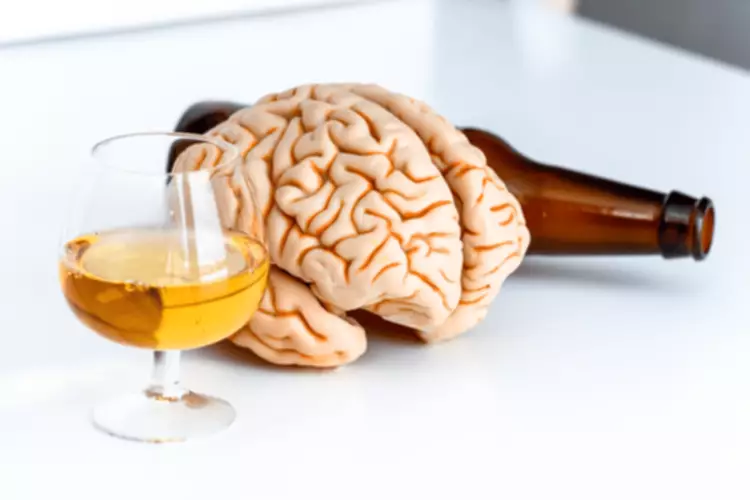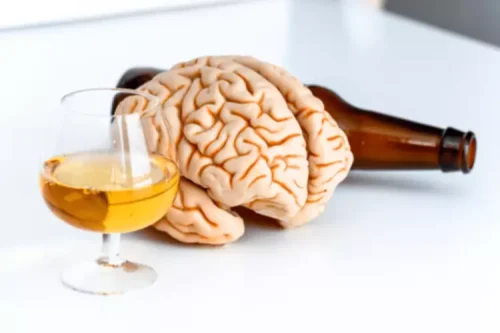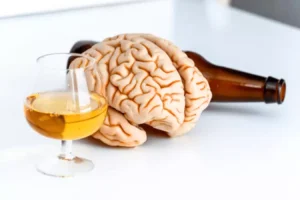
We strive to create content that is clear, concise, and easy to understand. Mixed drinks may contain more than one serving of alcohol. Alcohol poisoning also can occur when adults or children accidentally or intentionally drink household products that contain alcohol.
How many drinks can lead to alcohol poisoning?
- These include the availability of alcohol, increases in people experiencing mental health conditions, and challenges in accessing health care.
- This can increase an individual’s risk of being injured from falls or car crashes, experiencing acts of violence, and engaging in unprotected or unintended sex.
- Therefore, if you’ve consumed a lot of alcohol, you could still be at risk for alcohol poisoning even if you’ve stopped drinking.
Someone with alcohol poisoning will be breathing slowly or irregularly, have cold skin, be vomiting a lot, and perhaps have a seizure or lose consciousness. A drunk person can recover with rest, fluids, and eating a balanced meal, while a person with alcohol poisoning needs to go to the hospital and get an IV or maybe their stomach pumped. In the U.S., paramedics don’t charge for a visit unless the person needs to go to the hospital. Binge drinking is defined as drinking that brings blood alcohol concentration (BAC) to 0.08% or higher. BACs between 0.60% and 0.80% are commonly fatal.7 However, the amount of alcohol it takes to kill a person can vary by individual factors. It’s important to be aware that binge drinking, or having 5 drinks for men or 4 drinks for women within a period of two hours, can cause a BAC that is higher than 0.08%.
- The term intoxication is commonly used when large amount of alcohol is consumed along with physical symptoms and deleterious health effects.
- Always practice safety precautions when using substances and know your limits.
- Your doctor can diagnose alcohol poisoning based on your symptoms.
- Emergency medical staff will take steps to ensure a person’s medical stability and safety to help them recover and survive.
- Mild to moderate intoxication itself typically doesn’t require medical attention.
Call 911 if the person has these symptoms of alcohol poisoning:

The state of intoxication is the blurry in-between of your normal functioning and substance poisoning or overdose. Always practice safety precautions when using substances and know your limits. If you’re concerned about addiction or think you may have overdone it, get medical help as soon as possible. It’s important to be honest about your substance use if you’re in the hospital while intoxicated.
Alcohol Overdose
So, while it might only take four drinks for you to be legally intoxicated, it’d take quite a bit more to kill you. The effects of alcohol are felt a little https://ecosoberhouse.com/article/signs-and-symptoms-of-alcohol-dependence/ differently from person to person as a number of factors influence the amount of alcohol each person can withstand. Binge drinking and high intensity drinking are two types of drinking that can lead to alcohol poisoning. Alcohol poisoning happens when you drink too much alcohol too fast.

Find science-based information on the effects of alcohol on health.

Your stomach will continue to absorb alcohol into your bloodstream even after you stop drinking. Ensuring that you drink responsibly can prevent alcohol poisoning. Always drink in moderation, and keep track of the amount of drinks you’ve had. It’s defined as when a man has five drinks or more within two hours or when a woman has four or more drinks within two hours.
- A mental health or psychiatric evaluation is usually part of the diagnosis once the person is sober and lucid.
- The state of intoxication is the blurry in-between of your normal functioning and substance poisoning or overdose.
- But alcohol poisoning is so serious, that not calling 911 could result in death.
- If your pattern of drinking results in repeated significant distress and problems functioning in your daily life, you likely have alcohol use disorder.
- Consider talking with someone who has had a problem with drinking but has stopped.
- Drinking too much and too quickly can lead to significant impairments in motor coordination, decision-making, impulse control, and other functions, increasing the risk of harm.
They go away completely when you stop using the substance. alcohol overdose Everybody has different limits, and what’s fatal to one person might not be for another. However, there are ways to prevent yourself from getting into a position where your life might be at risk. Even when it’s not fatal, alcohol can cause some unpleasant — and sometimes dangerous — symptoms.
